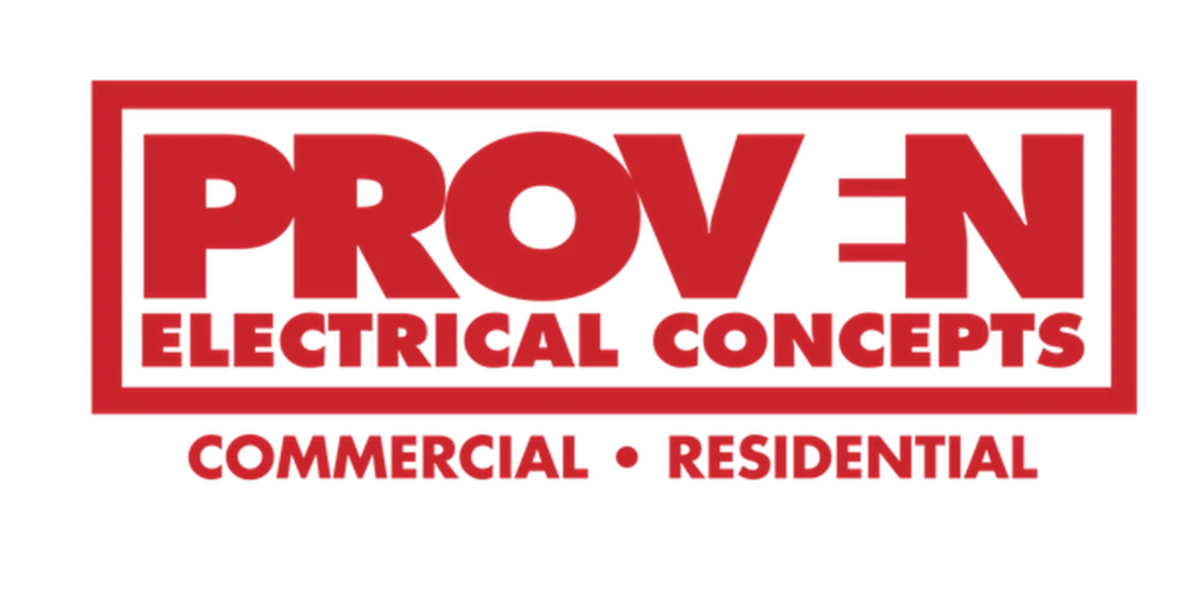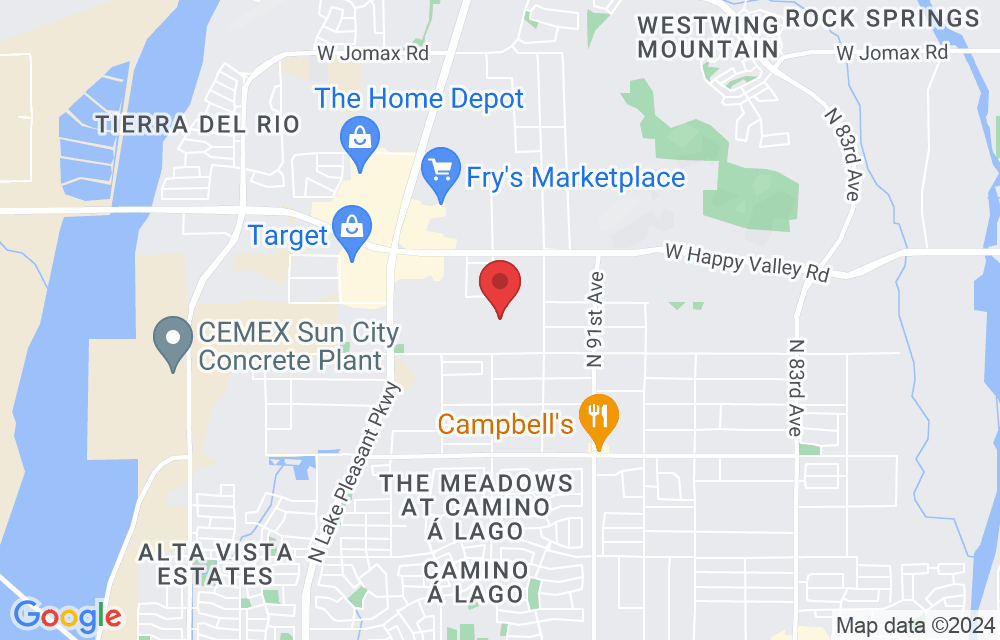330+ 5 Star Reviews
Google Certified
Licensed & Insured
Frequently Asked Questions
When an electrical problem strikes, you need a certified and experienced electrician in Peoria who can assist you.
What should I do if my power goes out?
If your power goes out, first check if it's a local outage by contacting your utility company. If it's not an outage, check your circuit breakers or fuse box to see if a breaker has tripped or a fuse has blown. If you can’t identify the problem or if the issue persists, contact a licensed electrician to diagnose and fix the issue safely.
What are some signs that I need an electrical panel upgrade?
Signs you might need an electrical panel upgrade include frequent breaker trips, dimming or flickering lights, buzzing or crackling noises from the panel, or if your current panel is over 20 years old. Upgrading can improve safety and accommodate the increased electrical demands of modern appliances.
Can I do electrical work myself?
While some minor tasks like replacing a light switch or outlet cover can be done safely by homeowners with basic DIY skills, most electrical work should be handled by a licensed electrician. Electrical work involves risks such as electric shock and fire hazards, so it's important to ensure that any work meets local codes and standards.
What is a GFCI outlet and why is it important?
A GFCI (Ground Fault Circuit Interrupter) outlet is designed to protect against electrical shock by shutting off power if it detects an imbalance in the electrical current. It’s especially important in areas prone to moisture, like bathrooms and kitchens, where the risk of electric shock is higher.
How can I improve the energy efficiency of my home’s electrical system?
To improve energy efficiency, consider upgrading to LED lighting, installing dimmer switches, using smart thermostats, and ensuring your home’s insulation and weatherproofing are up to date. Additionally, investing in energy-efficient appliances and using power strips to manage standby power can help reduce overall energy consumption.
What should I consider when choosing an electrician?
When selecting an electrician, ensure they are licensed and insured. Check their reputation by reading reviews and asking for references. Make sure they are knowledgeable about local codes and have experience with the type of work you need. Additionally, get multiple quotes and understand the scope of work and warranty offered.
How can I ensure my home is safe from electrical hazards?
To ensure electrical safety, avoid overloading circuits, use appliances according to manufacturer instructions, and regularly inspect cords for damage. Install smoke detectors and carbon monoxide alarms, and have a licensed electrician address any issues such as exposed wires or outdated wiring. Proper maintenance and safety practices can significantly reduce the risk of electrical hazards.
What is the difference between a fuse and a circuit breaker?
A fuse is a safety device that interrupts the circuit if it experiences an overload by melting a wire inside. A circuit breaker performs a similar function but uses a switch mechanism to trip and stop the flow of electricity when an overload or short circuit is detected. Circuit breakers can be reset and reused, whereas fuses need to be replaced once they blow.
What should I do if I notice a burning smell from an electrical outlet?
A burning smell from an electrical outlet can indicate overheating, short circuits, or faulty wiring. Immediately turn off the power to the outlet at the breaker box and avoid using it. Contact a licensed electrician as soon as possible to inspect and repair the issue to prevent potential fire hazards.
Can I install a ceiling fan myself?
While installing a ceiling fan is a manageable DIY project for those with basic electrical skills, it’s crucial to follow safety guidelines and local codes. Ensure that the ceiling box is rated to support the fan's weight, and that all electrical connections are secure. If you’re unsure or uncomfortable with the installation process, it’s best to hire a licensed electrician to ensure a safe and proper installation.
How can I make my home more energy-efficient with electrical upgrades?
To improve energy efficiency, consider upgrading to energy-efficient lighting (such as LEDs), installing programmable or smart thermostats, and using motion sensors for outdoor lighting. Additionally, upgrading to energy-efficient appliances and ensuring that your home’s insulation and weatherproofing are up to date can contribute to overall energy savings.
How can I prevent electrical fires in my home?
To prevent electrical fires, avoid overloading circuits, use appliances according to their ratings, and ensure that wiring and outlets are in good condition. Install smoke alarms and check them regularly. Keep flammable materials away from electrical sources, and have a professional electrician inspect and maintain your electrical system regularly.
Do I need a home EV charger, or can I use public charging stations?
While public charging stations are available, having a home EV charger offers the convenience of charging your vehicle overnight and avoiding potential wait times at public stations. A home charger ensures that your vehicle is ready to go each morning and can be more cost-effective over time compared to frequent use of public chargers.
How much does it cost to install a home EV charger?
The cost of installing a home EV charger can vary depending on factors such as the type of charger, electrical upgrades needed, and installation complexity. On average, installation can range from $500 to $2,000, including the cost of the charger and labor. It's advisable to get multiple quotes from licensed electricians to determine the best solution for your needs.
What should I do if my EV charger isn’t working properly?
If your EV charger isn’t working properly, first check for common issues such as loose connections or tripped circuit breakers. Refer to the charger’s user manual for troubleshooting tips. If the problem persists, contact a licensed electrician or the charger’s manufacturer for professional assistance to diagnose and resolve the issue.
Do I need to upgrade my electrical panel to install an EV charger?
Depending on your home’s electrical capacity and the requirements of the EV charger, you might need to upgrade your electrical panel. A Level 2 charger typically requires a dedicated circuit and may need a panel upgrade if your existing system cannot handle the additional load. A licensed electrician can assess your current electrical system and recommend any necessary upgrades.
Proven Electrical Concepts 2024, all rights reserved

